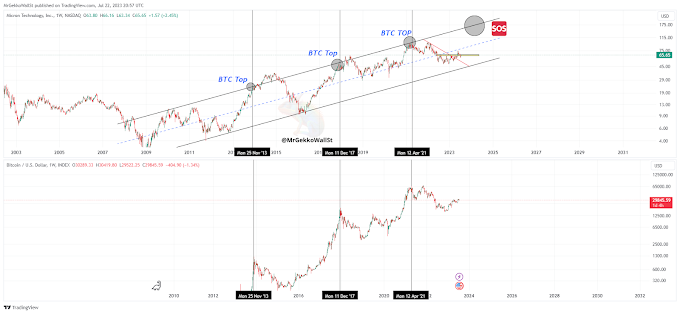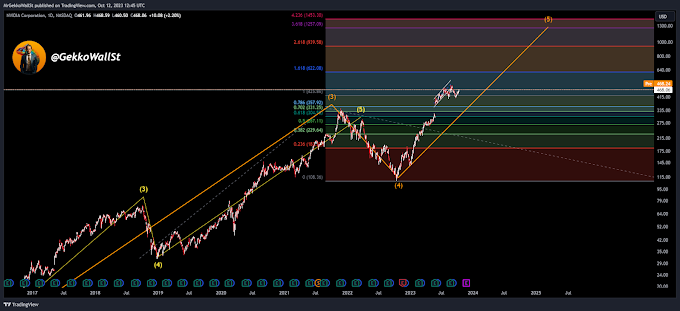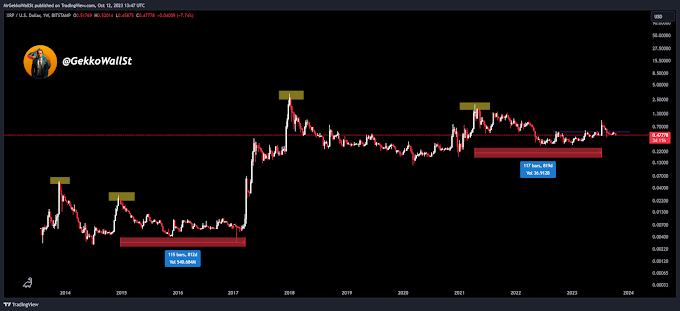A Decentralized Exchange, or DEX, is a platform for trading cryptocurrencies and digital assets that operates in a decentralized manner, meaning it doesn't require a centralized entity to facilitate transactions. Unlike traditional exchanges, which are centralized and controlled by a single entity, DEXs operate on a blockchain network and allow users to trade directly with each other.
DEXs offer several advantages over centralized exchanges, such as increased security, user control over their funds, and reduced risk of hacks or platform failures. They function through smart contracts, which are computer programs executed on the blockchain, managing trades in an automated and transparent manner. These smart contracts ensure that transactions occur reliably and that funds are only transferred when all agreed-upon conditions are met.
However, it's important to note that DEXs also come with some limitations and challenges, such as lower liquidity compared to centralized exchanges, since liquidity depends on direct user participation. Additionally, DEXs may struggle with handling certain types of assets that aren't native to the same blockchain they're operating on.
Despite these limitations, Decentralized Exchanges have gained popularity due to their emphasis on security, privacy, and users' direct control over their assets. They represent an important aspect of the cryptocurrency and blockchain ecosystem, contributing to decentralization and financial autonomy.





